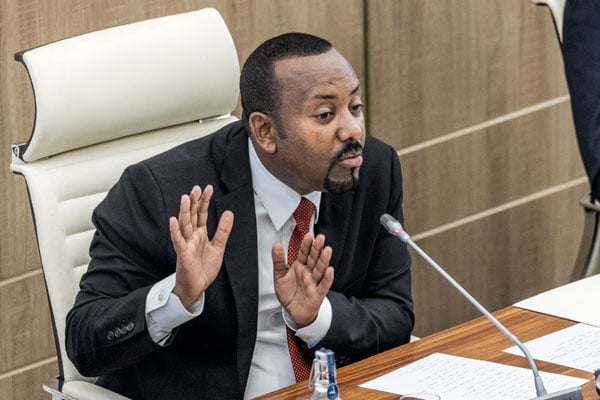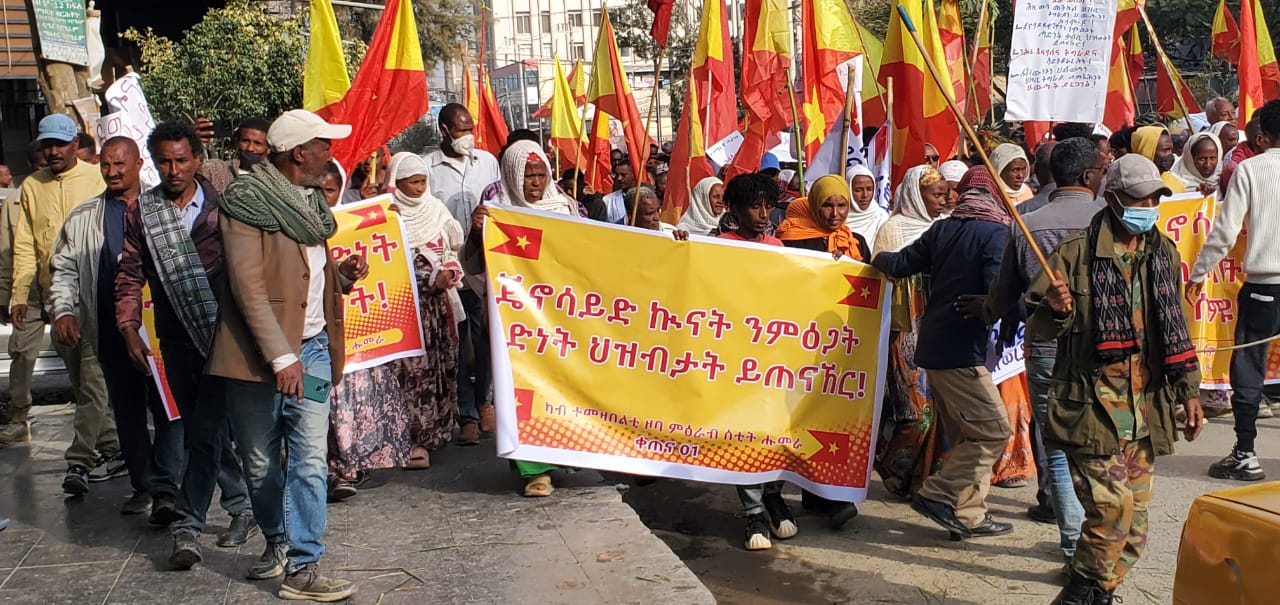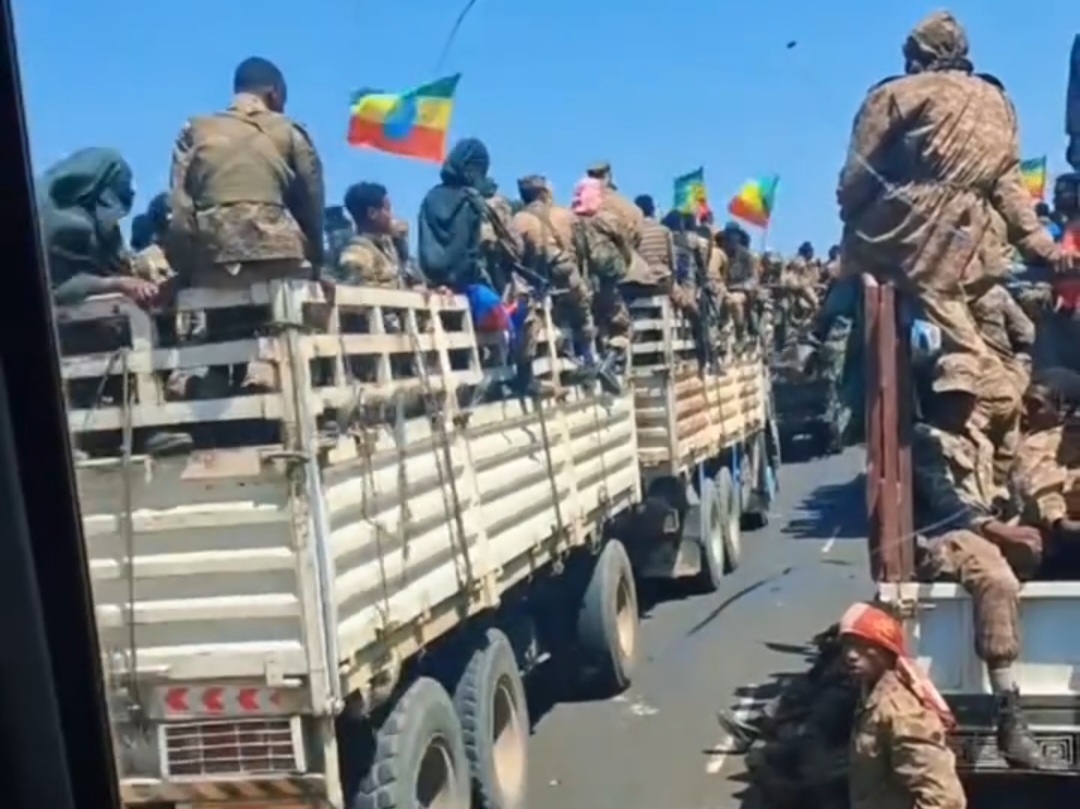By TESFA-ALEM TEKLE
Ethiopia, Africa’s second populace nation, has long faced challenges related to freedom of speech, but the situation has severed markedly since Nobel Peace Prize winner Abiy Ahmed took office as Ethiopian Prime Minister in 2018.
Under Abiy’s leadership, the country has witnessed an alarming trend of suppression against journalists, human rights defenders, and political dissidents.
Thousands have been detained or arrested for merely expressing their views, with the government often alleging that such individuals are affiliated with armed groups.
Current State of Internet Freedom
A recent report by Freedom House has shed light on the state of internet freedom in Ethiopia, revealing that the country ranks the lowest in Africa with a score of just 27 out of 100.
This rating places Ethiopia behind even conflict-ridden nations like Sudan and Egypt, which scored 28.
In contrast, South Africa leads the continent with a score of 74, highlighting the stark disparities in digital rights across the region.
The Freedom House report indicates that Ethiopia’s internet freedom has not only stagnated but is actively deteriorating.
Ongoing conflicts are often cited by the government as justification for internet blackouts and heightened surveillance of online activities.
This environment of fear has made it increasingly dangerous for citizens to express dissenting opinions, with reports of arrests of internet users for their online speech becoming alarmingly commonplace.
Government Justifications and International Criticism
Ethiopian authorities argue that internet disruptions are necessary for maintaining security amid ongoing armed conflicts.
However, international media outlets, including BBC and Al Jazeera, have criticized these justifications, arguing that such measures primarily serve to silence dissent and curb public discourse.
Reports from these outlets indicate that the government’s tactics reflect a broader strategy of repression aimed at quelling criticism and maintaining control.
The Freedom on the Net 2024 report further emphasizes the severe restrictions faced by internet users in Ethiopia.
It notes government-imposed disruptions in connectivity, which disproportionately affect freelancers and journalists.
The report also highlights incidents where authorities have targeted online journalists and activists, often leading to intimidation or violence.
These actions create a chilling effect, discouraging individuals from exercising their rights to free expression.
Broader Context Across Africa
While Ethiopia’s situation remains dire, the Freedom House study reveals a mixed landscape across the African continent.
Countries like Kenya have made significant strides, scoring 62 points, while Zambia improved by three points to reach 62.
However, Zimbabwe saw a decline, dropping to 48 points. This inconsistency underscores the varying degrees of commitment to digital rights and free expression across African nations.
The report highlights that 16 out of the 17 countries analyzed experienced cases of internet users being arrested for their online speech.
Nine countries reported physical attacks on individuals due to their digital activities. This alarming trend reflects a broader crisis of freedom across the region, particularly in nations grappling with political instability and conflict.
The Need for Urgent Action
The deteriorating situation in Ethiopia calls for urgent attention from both domestic and international communities.
As the country faces escalating political unrest and social turmoil, the need for a free and open internet is critical for fostering dialogue, accountability, and ultimately, democracy.
The suppression of free expression not only hinders the flow of information but also undermines the prospects for lasting peace.
International human rights organizations, including Amnesty International and Human Rights Watch, have urged the Ethiopian government to uphold its commitments to human rights and free expression.
These organizations emphasize that the right to freedom of speech is fundamental to the functioning of a democratic society and must be protected, especially during times of crisis.
Conclusion
In light of these developments, it is imperative that stakeholders advocate for the protection of digital rights in Ethiopia.
The international community must hold the government accountable for its actions, ensuring that the voices of all citizens can be heard without fear of retribution.
Only through the promotion of free expression can Ethiopia hope to achieve lasting peace, stability, and democratic governance.
As the global community watches, the future of freedom of speech in Ethiopia hangs in the balance, demanding immediate and concerted efforts to safeguard the rights of its citizens



